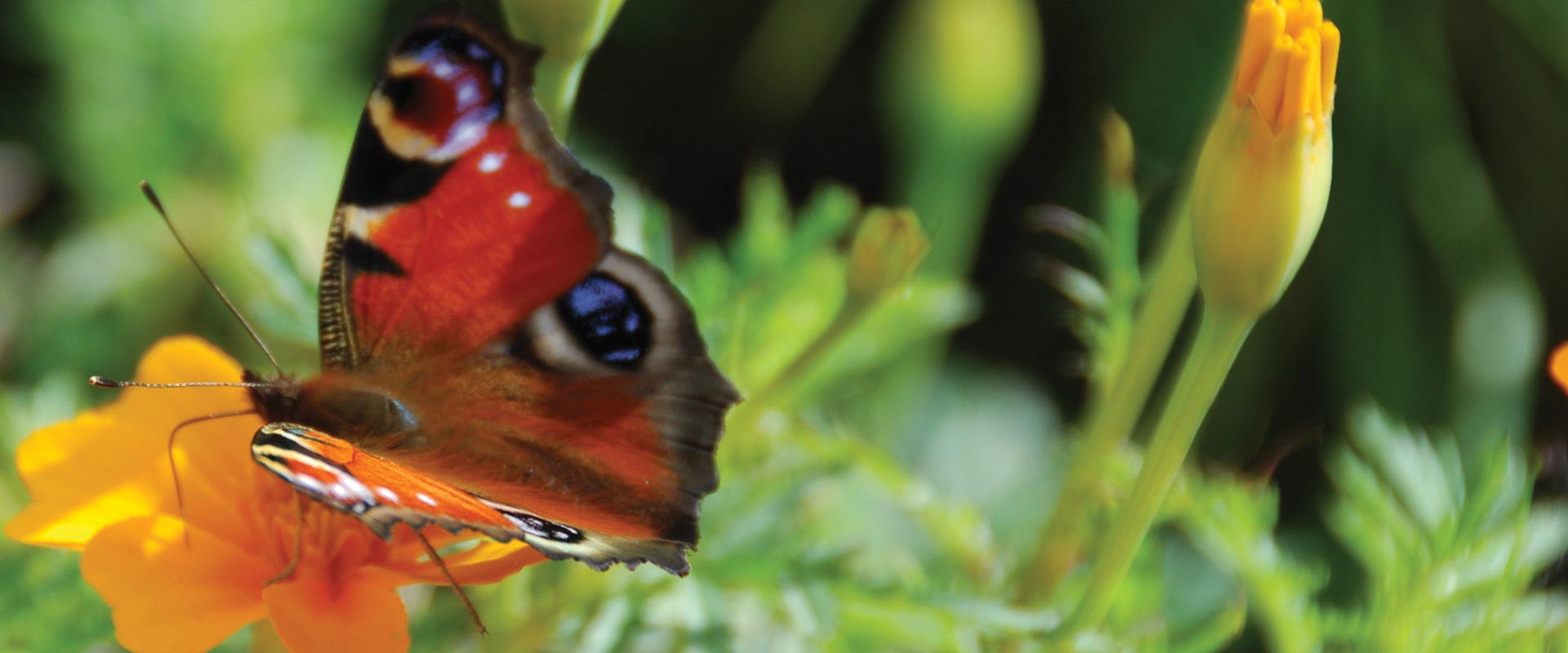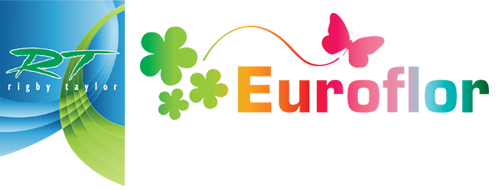
The visual impact of a flower mixture is just one of the benefits experienced… of equal importance is the commitment to environmental responsibility through best practice

Euroflor sustains insect populations when other
food sources are not available.

For habitat management, Euroflor helps maintain bumblebees, honeybees, butterflies, beetles, ladybirds and other insects in the environment by providing a regular and stable nectar source.

The bees listed to the right were observed visiting Euroflor Rainbow mix in July and August 2011 in a research project led by Bristol University with Leeds, Reading and Edinburgh Universities on pollinating insect biodiversity.

Honeybee : Apis mellifera
Bumblebees : Bombus lapidaries (red-tailed bumblebee),
Bombus terrestris (buff-tailed bumblebee).
Solitary bees : Andrena dorsata, Halictus tumulorum,
Lasioglossum calceatum, Lasioglossum smaethmanellum

Wildlife: In addition to pollinators, a variety of insects, small herbivores and birds will all benefit from the food source and shelter offered by the plant foliage and flower cover. This may range from dew on the plant leaves providing moisture, shade from the sun and food from the small fruits and seeds produced by the meadow.
Euroflor seeds are produced by traditional methods of plant breeding. NO GENETIC MODIFICATIONs (GMO’S) are carried out. The seed is produced by numerous, small-scale growers from different geographical location with varying soil types and climatic conditions, thereby ensuring genetic diversity.

